Will Man Ruin the Earth Beyond Repair?
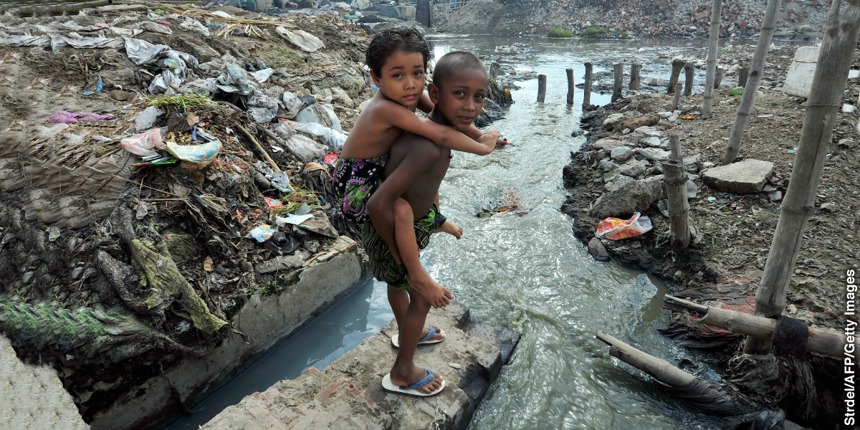
“A generation is going, and a generation is coming, but the earth remains forever.”
To the ancient Bible writer, the fleeting nature of man stood in sharp contrast with the permanence of the earth. Indeed, for thousands of years, generations have come and gone, and yet the planet Earth has proved to be remarkably resilient and stable in its ability to host life
The years since World War II have been dubbed by some as the Great Acceleration. In a single lifetime, people have seen remarkable advances in transportation, communication, and other technologies, which have brought unprecedented economic changes. Many enjoy a standard of living once thought impossible. In the meantime, the earth’s population has nearly tripled.
All of this, however, has not come without cost. Human activities are said to be pushing the earth beyond its natural cycles. In fact, some scientists say we have entered a new geological epoch called the Anthropocene
The Bible foretold a time when man would ‘ruin the earth.’ (Revelation 11:18) Some wonder if we are living in such a time. How much further damage will be done? Is there a point of no return? Indeed, will man ruin the earth beyond repair?
A POINT OF NO RETURN?
Is the earth headed for a point of no return? Some scientists feel that the effect of changes can be difficult to predict. Because of this, they are concerned that we might be approaching “tipping points” where sudden and unanticipated climate changes could bring disastrous results.
Consider, for example, the West Antarctic Ice Sheet. Some believe that with sustained global warming, there is a point where the melt of this ice sheet could be irreversible. This is because ice cover naturally reflects the sun’s rays. But as the ice sheet thins and shrinks, the ocean below, which is less reflective, is eventually exposed. The dark ocean surface absorbs more heat, which in turn leads to greater melting. A self-feeding, runaway cycle could be created. The resulting rise in sea levels from the meltwater could spell disaster for hundreds of millions of people.
MOUNTING ECOLOGICAL DEBT
Various road maps have been drawn up to deal with the “planetary emergency” we now face. One long-standing strategy has been called sustainable development, which means promoting economic and social growth within the ecological limits of the planet. What have been the results?
Sadly, like the global financial debt crisis, earth’s ecological debt continues to mount unabated. Humans continue to consume our planet’s resources faster than these can be replenished naturally. Can something be done? One ecologist frankly acknowledged: “In a sense, we don’t have any clue how to manage the planet successfully.” The situation very much fits the Bible’s assessment: “It does not belong to man who is walking even to direct his step.”
On the other hand, the Bible assures us that God, the Creator, will not allow man to bankrupt the planet environmentally. At Psalm 115:16, we read: “The earth [God] has given to the sons of men.” Yes, our planet is a “good gift” from our heavenly Father. (James 1:17) Would we expect God’s gift to be temporary in nature, as though it came with an expiration date? Of course not! That is evident from the inherent design of our planet.
WHAT THE CREATOR PURPOSES
The Bible book of Genesis tells in great detail how God carefully crafted the earth. Initially, the earth was described as “formless and desolate, and there was darkness upon the surface.” Yet, specific mention is made of “waters”
The ancient prophet Isaiah described God as “the One who formed the earth, its Maker who firmly established it, who did not create it simply for nothing, but formed it to be inhabited.” (Isaiah 45:18) Clearly, God’s purpose is for the earth to be inhabited by man forever.
Sadly, man has misused God’s beautiful gift to the point of ruination. Yet, the Creator’s purpose has not changed. A man of old said: “God is not a mere man who tells lies, nor a son of man who changes his mind. When he says something, will he not do it?” (Numbers 23:19) In fact, rather than allow the earth to be ruined, the time is rapidly approaching for God to “bring to ruin those ruining the earth.”
EARTH FOREVER OUR HOME
Jesus Christ in his famous Sermon on the Mount said: “Happy are the mild-tempered, since they will inherit the earth.” (Matthew 5:5) Later in that same sermon, Jesus revealed the means by which the earth would be rescued from ruin. He instructed his followers to pray: “Let your Kingdom come. Let your will take place, as in heaven, also on earth.” Yes, God’s Kingdom, or government, will accomplish God’s purpose for the earth.
Regarding the remarkable changes the Kingdom will bring, God declares: “Look! I am making all things new.” (Revelation 21:5) Does this mean that God will replace the earth with a new one? No, for there is really nothing inherently wrong with our planet. Rather, God will do away with those responsible for the planetary crisis, “those ruining the earth,” that is, the present-day human system with its governmental structure. This will be replaced by “a new heaven and a new earth”
To eliminate the ecological debt caused by man, God will rebalance the ecological budget, so to speak. Describing what God will do, the psalmist was inspired to write: “You care for the earth, making it abundantly fruitful and very rich.” With a regulated climate and, above all, God’s blessing, the earth will become a paradise yielding plenty of food.
According to his secretary Pyarelal, Mohandas Gandhi, the late spiritual leader of India, observed: “Earth provides enough to satisfy every man’s need but not for every man’s greed.” God’s Kingdom will address the root cause of earth’s problems by bringing about a change in people’s hearts. The prophet Isaiah foretold that under Kingdom rule, people “will not cause any harm or any ruin” to one another or to the earth. (Isaiah 11:9) In fact, millions of people today from all walks of life are already learning about God’s elevated standards. They are being taught to love God and neighbor, to show a thankful spirit, to care for the environment, to conserve natural resources, and to lead a life supportive of the Creator’s purpose. They are being prepared for life in a paradise earth.
The creation account in Genesis concludes with the words: “God saw everything he had made, and look! it was very good.” (Genesis 1:31) Truly, the earth is far too precious to end up in environmental bankruptcy. We are comforted in knowing that our planet’s future rests safely in the hands of our loving Creator, Jehovah God. He promises: “The righteous will possess the earth, and they will live forever on it.” (Psalm 37:29) May you be counted among “the righteous,” who will call earth their eternal home.










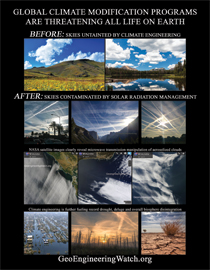






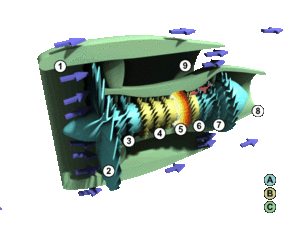
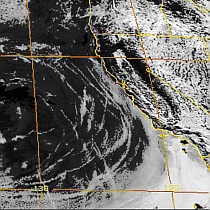



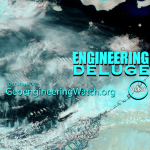
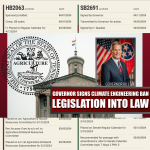









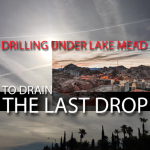


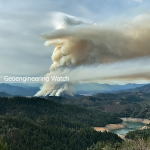
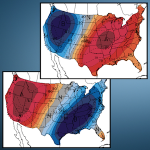
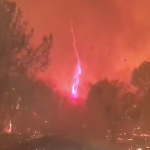
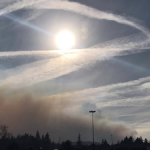














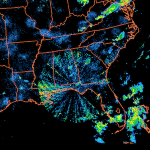
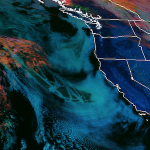











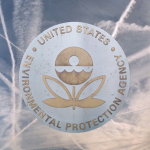




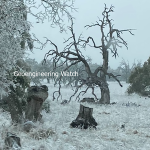


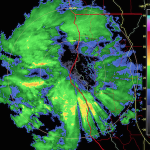











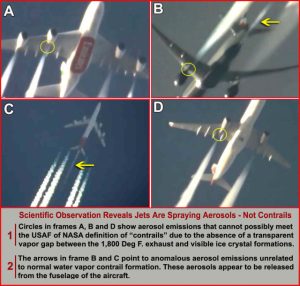
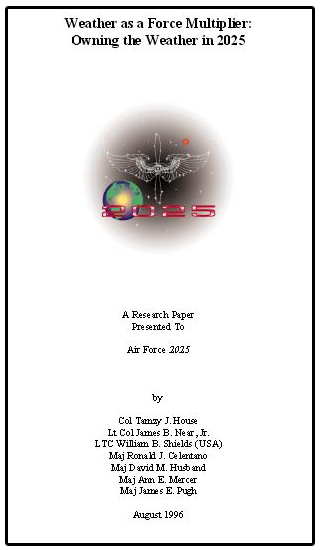






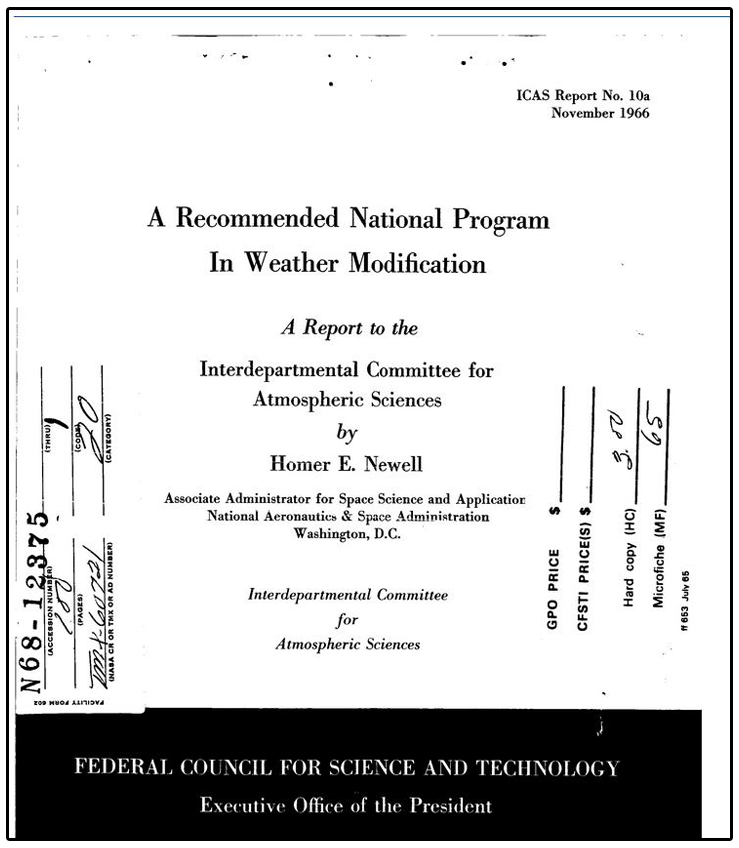

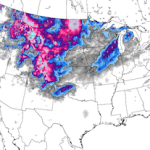
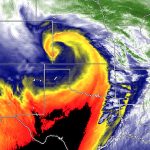


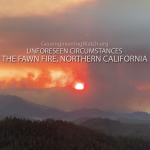


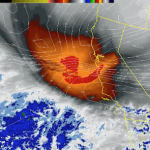
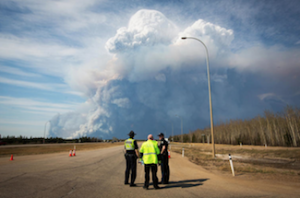



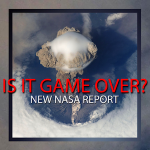





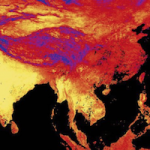
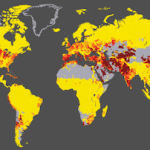

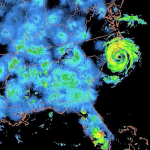
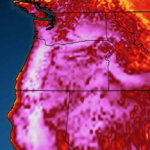






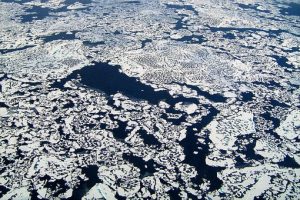

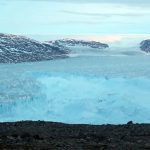


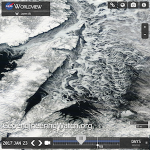


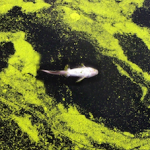
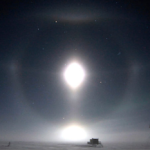
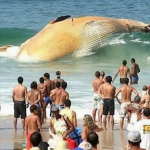





This simple video explains it all 🙂 Please share it!
https://youtu.be/923pCsaYf4Q